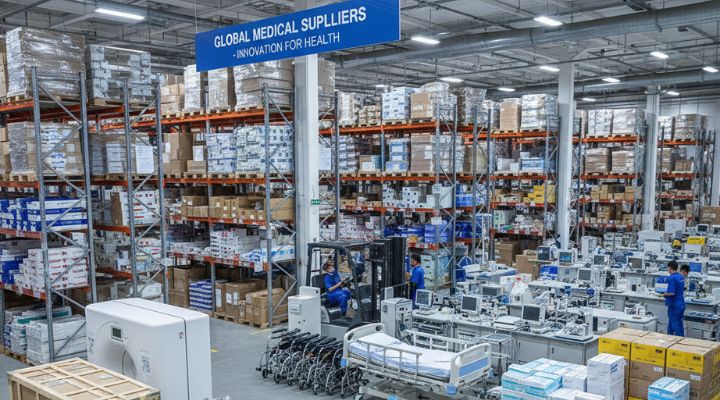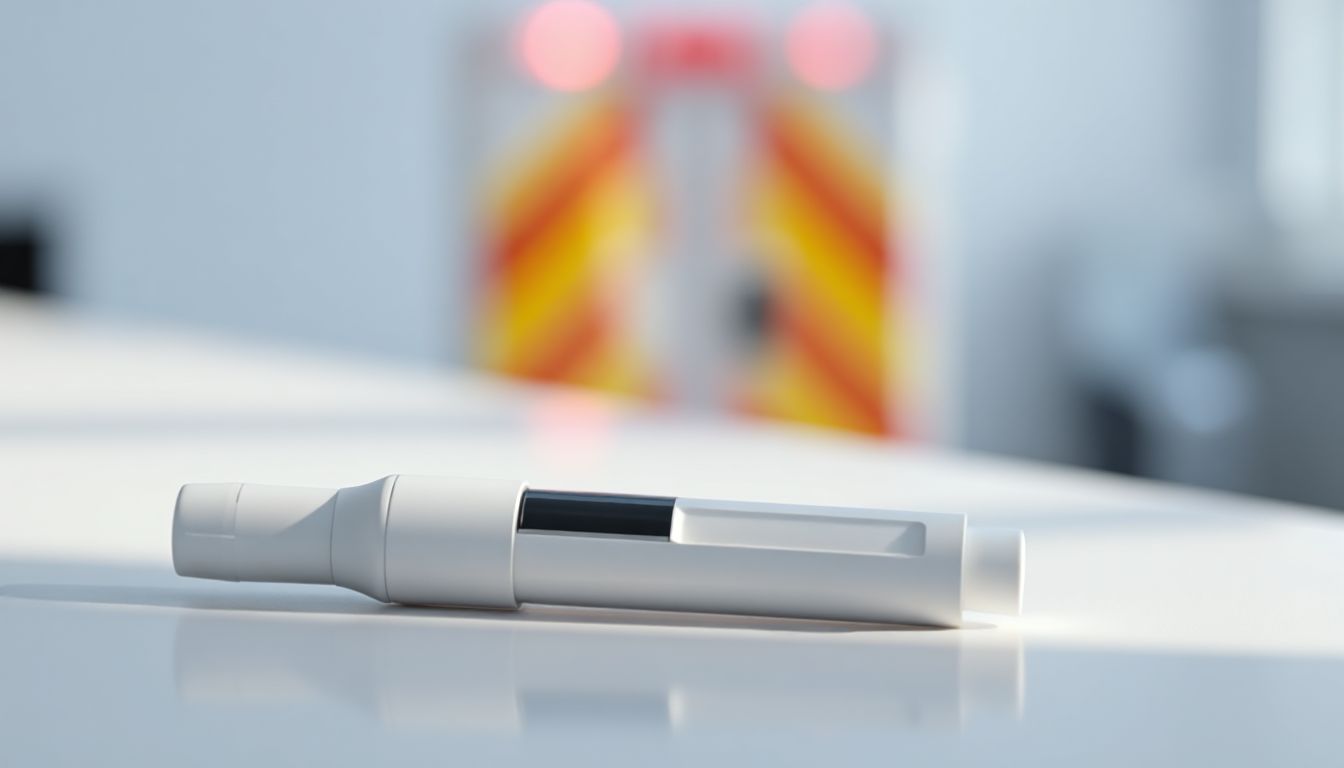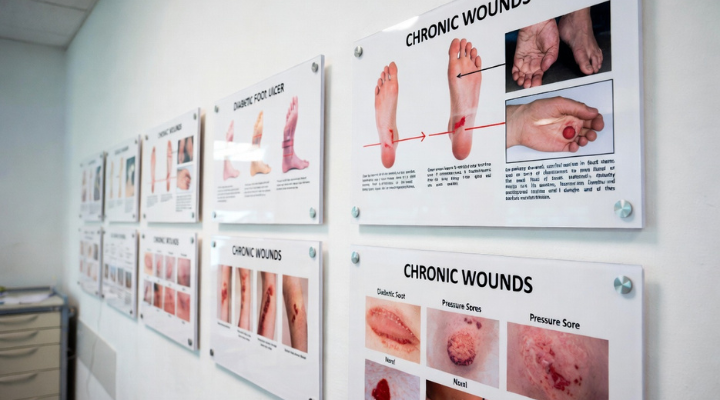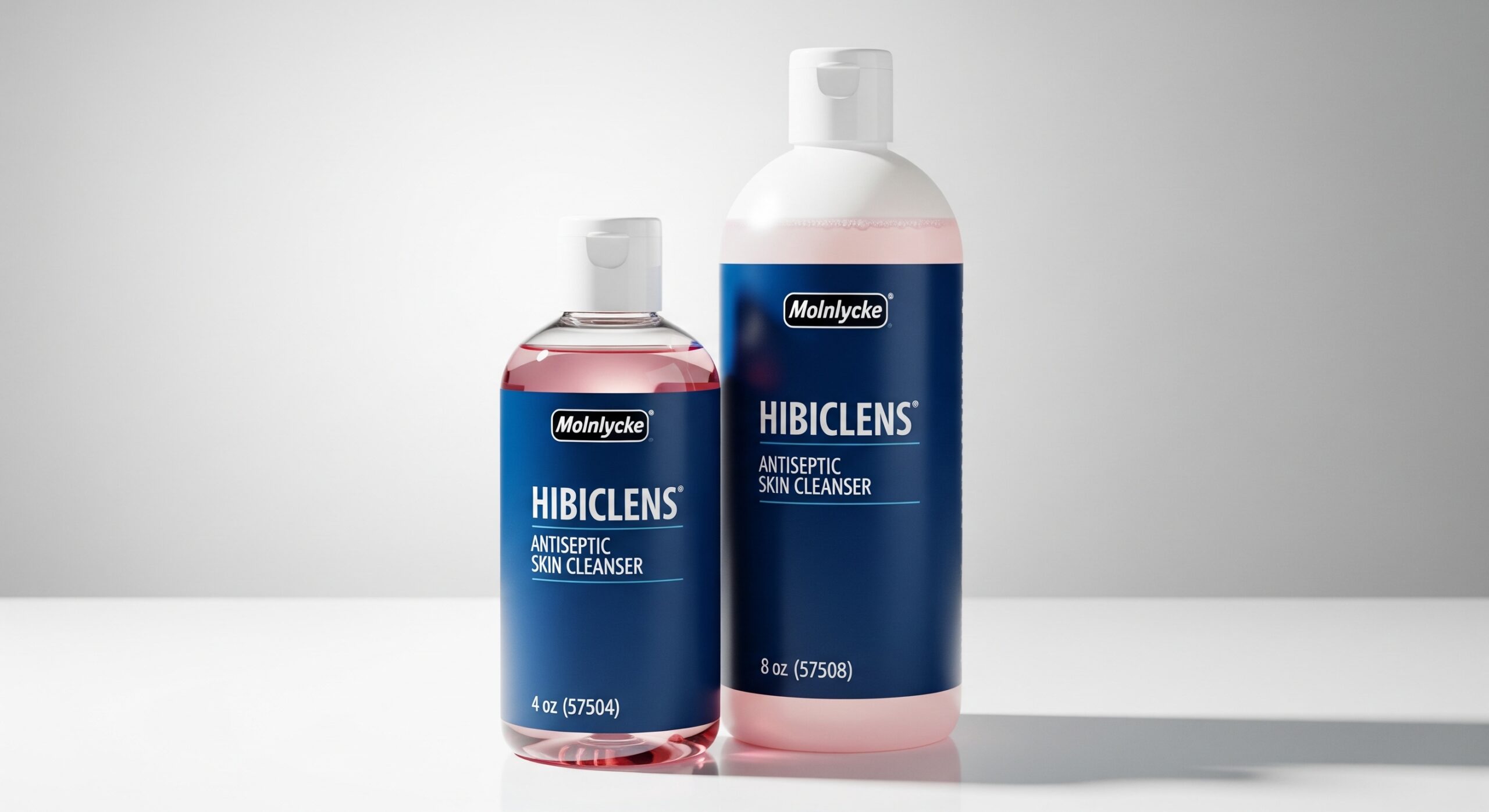
Medical Equipment Supplier Guide: What to Look for Before You Buy
In today’s healthcare-driven world, finding the right medical equipment supplier is crucial for hospitals, clinics, and individual practitioners. Whether you’re setting up a new medical practice or restocking essential supplies, choosing a trusted supplier can directly impact patient care, operational efficiency, and overall safety. With numerous medical supply suppliers and medical equipment supply stores available, understanding what to look for before making a purchase is essential.
This guide will help you navigate the process of selecting the right medical equipment supplier, ensuring you make informed, cost-effective, and reliable choices for your healthcare needs.
Why Choosing the Right Medical Equipment Supplier Matters
Medical equipment is the backbone of the healthcare industry. From diagnostic tools to surgical instruments, every piece of equipment plays a role in saving lives and ensuring accurate treatment. Partnering with the wrong supplier can lead to low-quality products, delays in delivery, and potential risks to patient safety.
A reputable medical supply supplier provides more than just products—they offer trust, support, and long-term partnerships. They ensure equipment meets industry standards, provide warranties, and offer ongoing technical support when needed.
Simply put, the right supplier helps you focus on what matters most—delivering quality care.
Factors to Consider Before Choosing a Medical Equipment Supplier
1. Product Quality and Certification
Quality should always come first. Medical equipment directly impacts patient health, so it must meet strict safety and performance standards. Before buying, verify that your supplier’s products are certified by recognized authorities such as:
-
FDA (U.S. Food and Drug Administration)
-
ISO (International Organization for Standardization)
-
CE (Conformité Européenne) for European markets
Ask for documentation or certification proof to ensure the supplier’s products comply with these regulatory requirements.
2. Range of Products Offered
A comprehensive medical equipment supply store should carry a wide range of products to meet diverse healthcare needs. Whether you need surgical tools, hospital furniture, diagnostic machines, or disposable medical supplies, having a one-stop supplier saves time and ensures consistent quality across all items.
Look for suppliers that provide:
-
Surgical instruments and consumables
-
Diagnostic and imaging equipment
-
Mobility aids and rehabilitation products
-
Personal protective equipment (PPE)
-
Laboratory supplies
The broader the range, the more convenient and efficient your procurement process becomes.
3. Reputation and Reliability
A supplier’s reputation says a lot about their reliability. Before committing, research customer reviews, testimonials, and industry ratings. Reliable medical supply suppliers will have positive feedback, established partnerships, and a proven track record of timely deliveries.
You can also check:
-
How long they’ve been in business
-
Their customer service response time
-
Partnerships with well-known healthcare brands
A reliable supplier ensures you won’t face unexpected shortages or delays in critical situations.
4. Pricing and Transparency
While cost is an important factor, the cheapest option isn’t always the best. Transparent pricing is key—make sure there are no hidden fees or unexpected charges for shipping or handling. Compare quotes from multiple medical equipment supply stores to get a fair idea of the market rate.
Ask for detailed quotations that include:
-
Product cost
-
Warranty terms
-
Installation and maintenance charges
-
Delivery timelines
A good supplier will be upfront about all costs and willing to negotiate for bulk or long-term orders.
5. Customer Support and After-Sales Service
The relationship with your supplier shouldn’t end once you’ve made a purchase. Reliable customer support is vital, especially for technical or high-value equipment that might require maintenance or repair.
Check if the supplier offers:
-
24/7 customer assistance
-
On-site technical support
-
Product training or user manuals
-
Spare parts availability
Strong after-sales service reflects a supplier’s commitment to their clients’ success.
6. Delivery Time and Logistics
Timely delivery is non-negotiable in healthcare. Delays in receiving critical equipment can disrupt hospital operations and affect patient care. Before finalizing a deal, confirm the supplier’s delivery timelines and logistics capabilities.
Reputable medical equipment suppliers maintain strong distribution networks to ensure prompt shipping—even in emergencies. Some suppliers even offer express delivery or same-day dispatch for urgent orders.
7. Warranty and Return Policy
A trustworthy supplier will always stand behind their products. Check the warranty period for each piece of equipment and understand what it covers—repairs, replacement, or full refunds.
If a supplier doesn’t offer a reasonable warranty or has a complicated return policy, it’s a red flag. Always ensure you have written documentation outlining warranty terms before finalizing the purchase.
8. Compliance with Industry Regulations
Medical supplies must comply with stringent healthcare regulations. Ensure that your supplier adheres to local and international standards. Non-compliant products can lead to legal complications or patient safety issues.
Look for suppliers who are registered with recognized authorities and stay updated with regulatory changes in the medical field.
9. Technological Advancement
The medical field evolves rapidly, and so does its equipment. Choose a supplier that offers the latest medical technologies and innovations. From AI-based diagnostic tools to advanced imaging systems, staying updated helps improve efficiency and patient outcomes.
A technologically progressive medical supply supplier shows that they invest in research and adapt to modern healthcare needs.
10. Sustainability and Eco-Friendly Practices
Sustainability is becoming a major focus across industries—including healthcare. Some medical equipment supply stores now prioritize eco-friendly materials and packaging. If your organization values sustainability, partner with suppliers who share those values and offer green alternatives.
This not only helps the environment but also enhances your brand’s reputation as a responsible healthcare provider.
Tips for Building Long-Term Relationships with Suppliers
Once you’ve identified a reliable supplier, maintaining a good relationship can yield long-term benefits:
-
Communicate regularly about needs, updates, or potential shortages.
-
Negotiate contracts for bulk orders or annual supplies for better pricing.
-
Request product training for your staff to ensure proper use.
-
Provide feedback—this helps suppliers improve their offerings and services.
A strong supplier relationship ensures continuous support, better deals, and smoother operations in the long run.
Common Mistakes to Avoid When Choosing a Medical Equipment Supplier
Even experienced healthcare professionals can make errors when selecting suppliers. Avoid these common mistakes:
-
Focusing solely on price and ignoring quality.
-
Not checking certifications and product authenticity.
-
Overlooking delivery timelines during urgent situations.
-
Failing to read warranty or return policies.
-
Ignoring after-sales support and maintenance needs.
Avoiding these pitfalls can save both money and time while ensuring the safety and reliability of your equipment.
Conclusion
Selecting the right medical equipment supplier is one of the most critical decisions for any healthcare facility. A reliable supplier provides high-quality, certified products, timely deliveries, transparent pricing, and dependable customer support. Whether you’re dealing with medical supply suppliers or browsing multiple medical equipment supply stores, always prioritize quality, compliance, and reputation over cost.
By following the factors discussed in this guide, you can confidently choose a trusted partner who contributes to the success and reliability of your healthcare operations—ensuring the best care for your patients every time.
Frequently Asked Questions (FAQs)
1. What is a medical equipment supplier?
A medical equipment supplier provides healthcare facilities and professionals with devices, tools, and consumables used for diagnosis, treatment, and patient care. They ensure medical products meet safety and regulatory standards.
2. How do I choose the best medical supply supplier?
Look for suppliers with certified products, positive reviews, transparent pricing, strong after-sales service, and timely delivery. Always verify regulatory compliance before purchasing.
3. What certifications should medical equipment have?
Medical equipment should meet industry standards such as FDA approval, ISO certification, or CE marking, depending on the region. These certifications confirm product quality and safety.
4. Why is product warranty important when buying medical equipment?
A warranty ensures you receive repairs or replacements for faulty equipment without extra cost. It reflects the supplier’s confidence in product quality and reliability.
5. Can I buy medical equipment directly from supply stores online?
Yes, many medical equipment supply stores operate online and offer a wide range of products. However, ensure the store is reputable, provides secure payment options, and has clear return policies.
6. What types of products do medical supply suppliers offer?
They typically provide diagnostic equipment, surgical tools, hospital furniture, laboratory supplies, rehabilitation products, PPE kits, and disposable medical items.
7. How can I verify the reliability of a medical equipment supplier?
Check their business history, customer reviews, certifications, and partnerships with recognized healthcare brands. Reliable suppliers also provide clear communication and fast delivery.
8. Do medical supply suppliers offer bulk purchase discounts?
Yes, many suppliers offer special pricing or discounts for bulk orders, hospitals, and long-term partnerships. Always request a quote for large purchases.
9. What should I do if a medical product is defective or damaged?
Contact the supplier immediately, document the issue with photos, and request a replacement or refund as per their warranty or return policy.
10. Are eco-friendly or sustainable medical supplies available?
Yes. Many modern medical equipment supply stores now offer eco-friendly products and packaging to promote sustainability in healthcare operations.
References
-
U.S. Food and Drug Administration (FDA) – Medical Device Overview
https://www.fda.gov/medical-devices -
International Organization for Standardization (ISO) – ISO Standards for Medical Devices
https://www.iso.org/ics/11.040/x/ -
European Commission – CE Marking for Medical Devices
https://health.ec.europa.eu/medical-devices-sector/new-regulations_en -
World Health Organization (WHO) – Medical Equipment Maintenance Programme Overview
https://www.who.int/medical_devices -
Centers for Disease Control and Prevention (CDC) – Infection Control and Safe Use of Medical Equipment
https://www.cdc.gov/infectioncontrol -
Health Products Regulatory Authority (HPRA) – Medical Device Regulations and Guidance
https://www.hpra.ie/homepage/medical-devices -
Medical Device and Diagnostic Industry (MD+DI) – Trends in Medical Equipment and Supply Chain Management
https://www.mddionline.com -
National Institutes of Health (NIH) – Healthcare Technology and Equipment Standards
https://www.nih.gov -
U.S. Small Business Administration (SBA) – Choosing Reliable Medical Suppliers
https://www.sba.gov -
Health Industry Distributors Association (HIDA) – Medical Supply Chain Insights
https://www.hida.org

 Previous Post
Previous Post Next Post
Next Post

